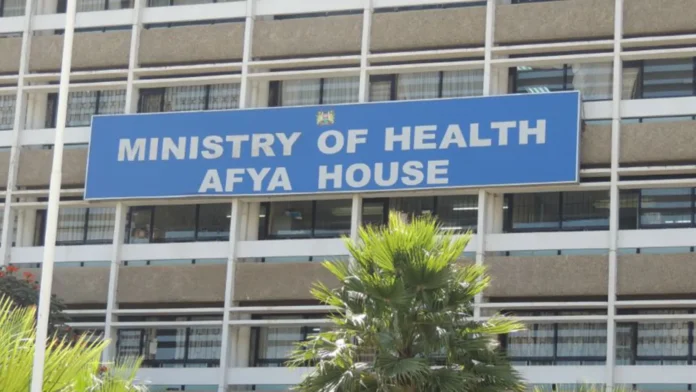Kenya has committed to six grants from the Global Fund totalling KSH 59.7 billion, with the aim of strengthening health and community systems and providing support for HIV, TB, and malaria intervention over a three-year period.
The overall sum allocated to each component is KSh.30 billion for HIV, KSh.9 billion for malaria, KSh.8.7 billion for tuberculosis, and KSh.4.4 billion for health systems strengthening.
The assistance provided by the Global Fund since 2003 has enabled the nation to accomplish remarkable results.
The number of new HIV infections has decreased dramatically; this notable trend is attributable to greater community and facility-level access to HIV testing, treatment, and prevention programmes.
The purchase of commodities such as antiretroviral drugs (ARVS), HIV test kits, condoms, and laboratory reagents has been funded by the Global Fund for HIV. Additionally, they have backed programming initiatives at the community and medical facility levels.
This improvement is credited to cooperation between the government, development partners, non-state actors, counties, and communities as well as the decentralisation of HIV care.
Also, the Ministry of Health reported that 86% of patients in the TB programme completed their course of treatment.
Along with the Kenyan government, the Global Fund trained 18,500 community health promotors (CHPS), 3,700 Community Health Extension Workers, and established 1,933 community health units (CHEWs).
In a similar vein, Kenya’s malaria burden has decreased overall thanks to the Malaria project, with countrywide prevalence falling from 8.2% in 2015 to 6% in 2023.
The Global Fund contributed KSh.1.2 Billion to the building, furnishing, and digitization of the KEMSA National Supply Chain Centre in collaboration with the government.
This investment will increase responses to pandemics and catastrophes brought on by climate change, improve the supply chain, and help Primary Health Care’s service delivery by providing adequate storage.
The new Global Fund awards will help to achieve universal health coverage by providing comprehensive prevention, treatment, and care, as well as by supporting the provision of high-quality care and prevention services for all individuals with lung diseases, leprosy, and tuberculosis.
By 2027, it will also build community and facility-level health systems, lower the incidence and mortality rate from malaria by at least 75%, and purchase supplies such as test kits, medications, and lab equipment to combat TB, malaria, and HIV.



















